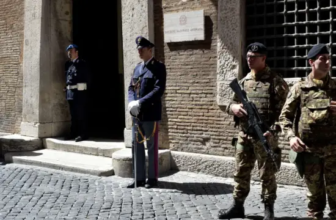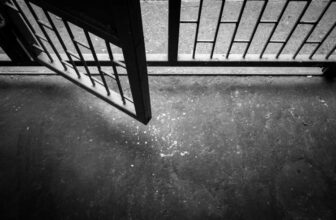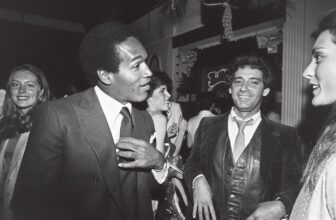
[ad_1]
How did Charles “Lucky” Luciano help the US in WW2?
Charles “Lucky” Luciano was an Italian-American gangster who rose to power in the Prohibition era as the leader of the Genovese crime family in New York City. He was born in Sicily in 1897 and immigrated to the United States as a child.
Luciano began his criminal career as a member of the Five Points Gang in New York City and quickly rose through the ranks of organized crime. He was known for his intelligence, strategic thinking, and ability to create alliances and partnerships with other criminal organizations.
During the Prohibition era, Luciano became involved in the production and distribution of illegal alcohol, as well as other illegal activities such as prostitution and gambling. He was also involved in the narcotics trade and was known for his ruthless tactics and his willingness to use violence to achieve his goals.
In 1936, Luciano was convicted of running a prostitution ring and was sentenced to 30 to 50 years in prison. However, he was released from prison in 1946 after being offered a deal by the U.S. government to reduce his sentence in exchange for his assistance in the war effort.
It is not clear to what extent Charles “Lucky” Luciano actually assisted the U.S. government during World War II or how much information he provided about the Sicilian mafia. Some historians have argued that the U.S. government’s decision to use Luciano as an informant was motivated more by a desire to eliminate a rival criminal organization than by a genuine desire to seek his assistance in the war effort. Others have suggested that Luciano may have used the opportunity to further his own interests and leverage his connections to the Sicilian mafia for personal gain.
Regardless of the true extent of his involvement, it is clear that Luciano’s release from prison and his deportation to Italy were controversial decisions. Many people opposed the idea of using a convicted criminal, who had a long history of engaging in illegal activities, as an informant for the U.S. government. Some argued that it sent the wrong message about the government’s willingness to tolerate and even reward criminal behavior, while others believed that it was wrong to release a convicted criminal from prison early, regardless of the circumstances.
It is worth noting that, while Luciano may have played a role in the Allied invasion of Sicily, he was not directly involved in the war effort and did not participate in military operations.
As part of the deal, Luciano was deported to Italy and spent the remainder of his life in Europe. He died in Naples in 1962 at the age of 64.
[ad_2]
Source link







